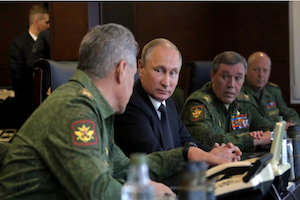Cross-Border Escalation between Armenia and Azerbaijan
By Natalia Konarzewska
September 25, 2020, the CACI Analyst
On July 12, clashes broke out between the armed forces of Armenia and Azerbaijan along the northern section of their internationally recognized border. The skirmishes receded after July 16 but armed incidents at the border still occurred throughout July and August. The July confrontation, resulting in over a dozen military and civilian deaths and the destruction of infrastructure on both sides of the border, is regarded as the most serious since the Four Day War between Armenia and Azerbaijan in April 2016. The conflict also sparked unprecedented interethnic clashes between Armenian and Azerbaijani diasporas across the world.
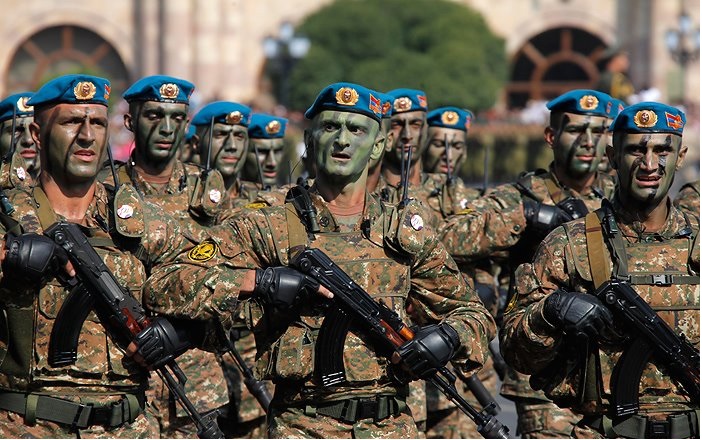
Expanding Armenia - Israel Relations: Implications for Iran’s Foreign Policy in the South Caucasus
By Vali Kaleji
September 10, 2020, the CACI Analyst
Close bilateral ties between Iran and Armenia have been overshadowed by sudden expansion of Yerevan-Tel Aviv links. Tehran views Israel as a "third factor" playing a negative role in Iranian relations with its neighbors including Armenia, and threatening security and stability throughout the South Caucasus. Armenian officals mantain that the decision made by Yerevan was known to Tehran at the outset, and the boosting of Yerevan-Tel Aviv ties is not directly against others, including Iran.
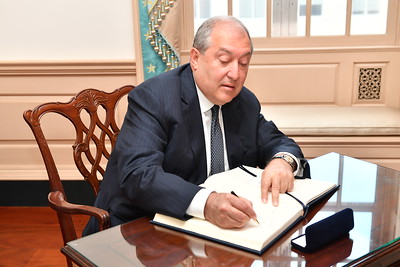
Geopolitics Doomed Georgia's Anaklia Project, But Can Also Resurrect It
By Emil Avdaliani
March 9, 2020, the CACI Analyst
Georgia’s long-awaited Anaklia project officially ended in January 2020. The country’s internal problems as well as geopolitical competition involving the U.S., China, and Russia doomed the deep-sea port. However, this same geopolitical competition could serve to keep U.S. interests in the project afloat, as Chinese and Russian investments in the port would be problematic for Washington. Moreover, after Georgia’s critical parliamentary elections this year, Tbilisi may become better positioned to support a new concept for constructing Anaklia.
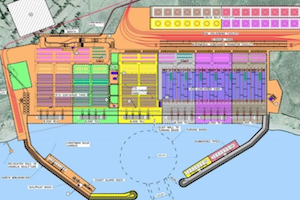
China's Soft Power in the South Caucasus
By Nurlan Aliyev
March 2, 2020, the CACI Analyst
In December 26, 2019 , the Georgian National Museum presented a new exhibition titled “Chinese Art in the Georgian National Museum,” dedicated to the 70th anniversary of the People’s Republic of China, and a book on the theme by Georgian authors. Within this project, supported by the Embassy of the People’s Republic of China in Georgia, several exhibitions of works by Chinese painters take place in Tbilisi between December 2019 and February 2020. In recent years China’s growing economic presence in the South Caucasus has been accompanied by developments in cultural and educational relations between China and the regional states.
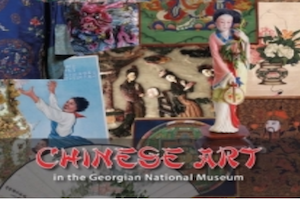
Russia Rehearses Military Intervention in Central Asia and the Caucasus
By Roger N. McDermott
November 17, 2017, the CACI Analyst
While much international attention has focused upon Russia’s joint strategic exercise with Belarus, Zapad 2017 in September, in its aftermath Moscow also staged important operational-strategic exercises on a wider scale across the South Caucasus and Central Asia. Not only was the geographical scope of these exercises greater than Zapad 2017, but their various vignettes and scenario details provide glimpses into Moscow’s planning and modelling of future conflict on its periphery.
